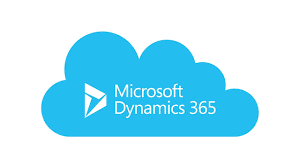
Salesforce currently offers two of its own marketing automation platforms: Salesforce Pardot (Sales Cloud) and the Salesforce Marketing Cloud.
Both of these marketing automation solutions target different user requirements and different marketing needs and they each have their advantages depending on your business and its marketing mission. Pricing for both licensing and implementation typically varies considerably.
In simplistic terms – Salesforce Pardot (Sales Cloud) is better suited for organizations with a B2B focus and excels with B2B sales that are sales intensive, involve professional services and long term sales cycles, channel partners and are opportunity centric. The Sales Cloud product is more tightly integrated with Salesforce.com’s traditional CRM / sales force automation functionality and is the result of Salesforce’s acquisition of the Pardot product.

Salesforce Pardot – Sales Cloud
The Salesforce Marketing Cloud can be thought of as a different product running on its own stand-alone platform (with integration to Salesforce CRM) and is typically better suited for organizations that are B2C and eCommerce focused. Salesforce Marketing Cloud includes a number of add-on modules for functionality such as digital display advertising, social media marketing, sophisticated audience segmentation and testing, SMS and mobile, eCommerce integration, and consumer demographics and marketing analytics. The Salesforce Marketing Cloud is the current evolution of the Exact Target marketing automation platform that Salesforce acquired several years ago.

Salesforce Marketing Cloud











